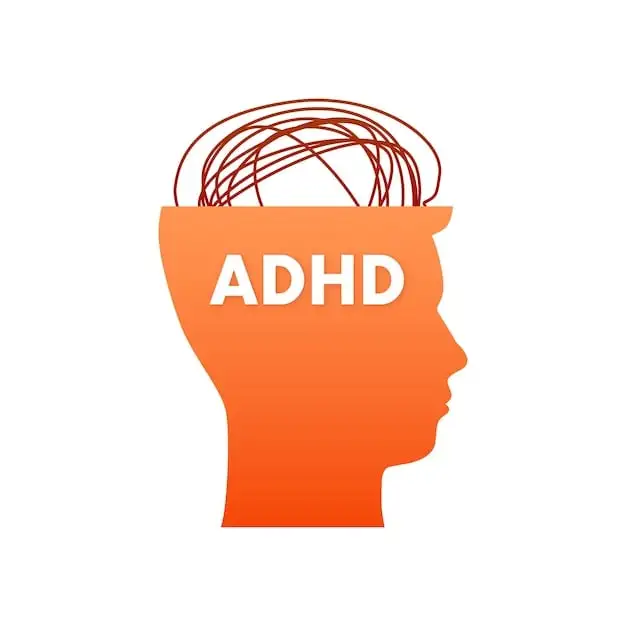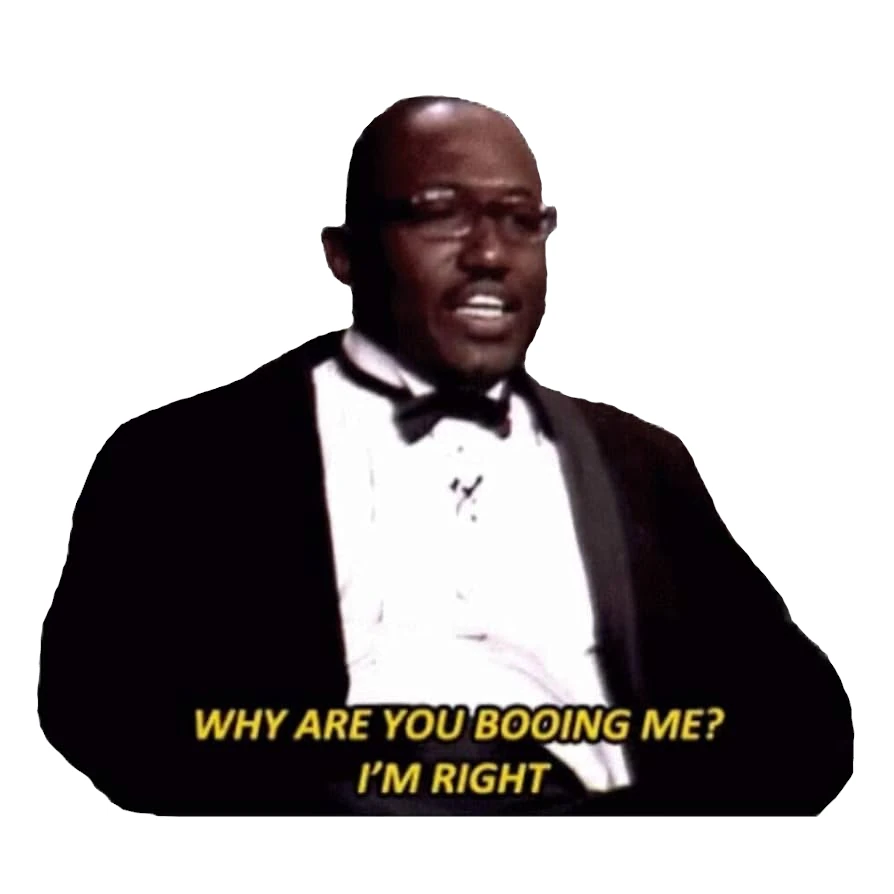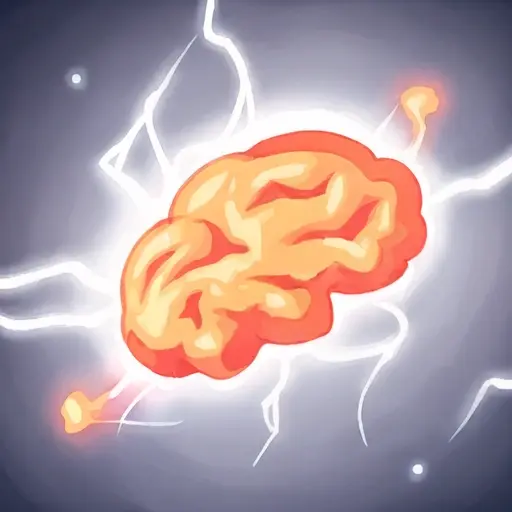Hey, I’ve read your words, and I feel for you.
It seems like you’re caught in an impossible situation - having to work to keep insurance, and not being able to reduce workload without jeopardizing that, worsening the burnout either way. I’m sorry it’s so hard right now.
I would share my own burnout and recovery experience with you to maybe help, but the “getting better” I was able to achieve so far is entirely due to a looong paid medical leave (about 1 year), a 6-week low-intensity in-patient program and the space for transformation that gave me, and I don’t think I could’ve done it this way while continuing to work or support a family. I don’t say that to put salt in your wound, I just want to express that getting better is basically like getting another job - it requires ressources and time and energy. If you absolutely cannot take a break, then please be gentle with yourself if it takes you a lot longer than this to get better. Also, for full disclosure, while I’m now back to normal, my “normal” actually entails being chronically low-level depressed and not being able to consistently function in many ways considered normal for an adult (hence my being on this sub), so it would feel a bit phony to pretend to have the answer.
However, I have one recommendation that might be helpful. I’m not sure if you have the capacity for it, but I really benefitted from the book “Burnout” by Emily and Amelia Nagoski ([https://www.burnoutbook.net/](their website)). It’s not a cure-all and not ADHD-specific, but it is a great guide to explain how stress works and how to really cope with it, especially on a physical level. It’s great for perspective and concrete exercises, and a pretty good read.
I sincerely wish you some peace and room to breathe, somehow!









This might sound counter-intuitive but - tell your therapist exactly this.
That you don’t feel heard (ideally, why that is), how you feel about her stance on medication, that you’re tired of therapy and don’t know how to benefit of it right now (maybe coupled with what beneficial would look like to you) and whatever else is in your head in regards to this session.
This may seem confrontational, but it really isn’t (or doesn’t have to be). It is providing crucial information to a professional about where your head is at in regards to the therapeutic process the both of you (ostensibly) want to start together. It will help her understand where you’re coming from and maybe her reaction will help you get a better feel for if you are indeed a good fit, or not.
I wish you good luck!